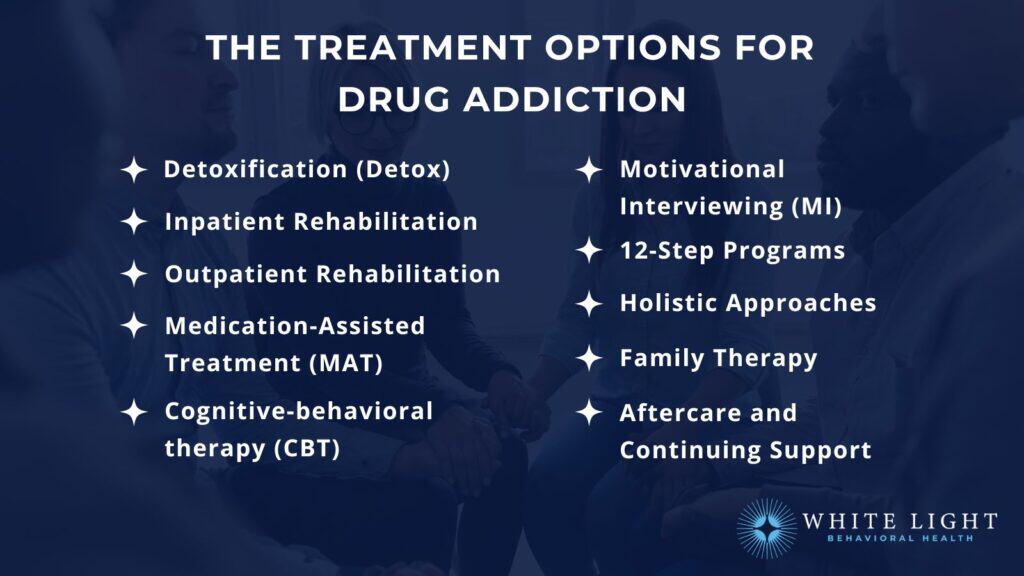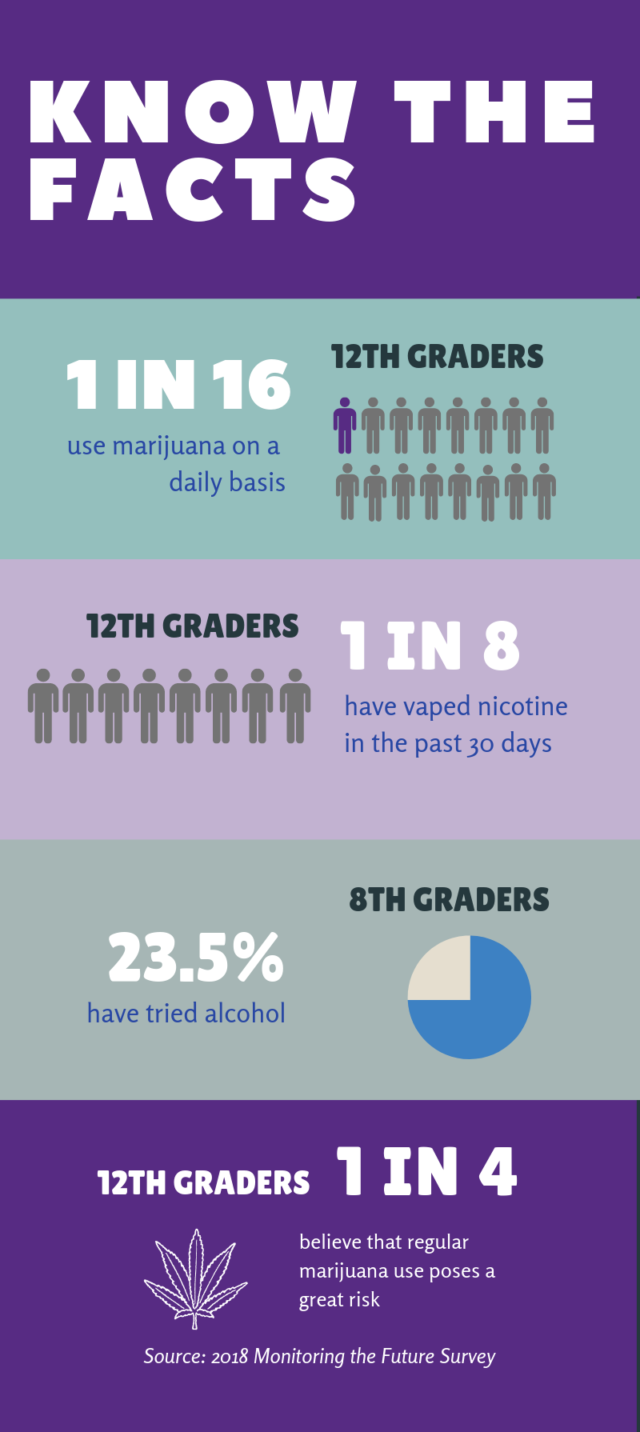Comprehensive Guide to Drug Abuse Therapy: Understanding, Techniques, and Lasting Healing
Chemical abuse refers to the unsafe or dangerous use of copyright materials, consisting of alcohol and illicit medications. It is not simply a matter of determination or bad decision-making-- it's an intricate problem affected by organic, emotional, and social factors. People dealing with drug abuse commonly experience uncontrollable drug-seeking behaviors in spite of unfavorable repercussions in their individual, specialist, and social lives. Over time, these compounds can modify brain function, harm judgment, and develop emotional and physical dependency. Recognizing the nature important Abuse is the very first step toward resolving it effectively.
The sources of chemical abuse are multifaceted. Genetics, psychological health and wellness problems, ecological pressures, trauma, and direct exposure to substances at an early age can all add to the development of dependency. It is frequently interlinked with problems such as clinical depression, anxiousness, or trauma (PTSD) For lots of individuals, drugs and alcohol come to be coping systems-- devices to get away psychological discomfort or stress and anxiety. Nevertheless, this short-term relief promptly paves the way to long-term effects, as tolerance constructs and the individual needs even more of the Substance to achieve the very same impact.
Recognizing the signs important Abuse at an early stage can stop the condition from intensifying. Usual caution signs include adjustments in habits, overlook of duties, withdrawal from loved ones, financial troubles, and physical signs such as weight loss, tiredness, or poor hygiene. When left without treatment, drug abuse can bring about severe health issues, damaged relationships, and even premature fatality. Early treatment and access to treatment are crucial for individuals having a hard time with addiction.
The Value of Looking For Chemical Abuse Treatment
Looking for specialist therapy for Substance Abuse is just one of the most essential decisions a person can produce their health and wellness and future - dual diagnosis rehab NJ. Addiction is not something that can be gotten rid of by determination alone-- it needs structured intervention, guidance, and consistent assistance. Therapy programs are created to attend to both the physical reliance and the underlying psychological or emotional issues that drive addictive behaviors. Without therapy, the cycle of regression and self-destruction commonly proceeds, putting the person's life and health in jeopardy
The relevance of expert treatment depends on its capacity to supply a regulated and risk-free setting for recuperation. During detoxification, doctor assist patients handle withdrawal symptoms that can be excruciating and potentially life-threatening. After therapy, therapy and detoxification sessions allow people to confront the source of their dependency, establish coping skills, and rebuild their sense of self-worth. Therapy likewise assists re-establish healthy and balanced regimens, framework, and liability-- every one of which are crucial for long-lasting recuperation.
Beyond the emotional and physical facets, Substance Abuse therapy plays a considerable function in bring back partnerships and social performance. Dependency typically leads to busted depend on, seclusion, and stressed household dynamics. Through household therapy and team sessions, people can restore communication and reconnect with enjoyed ones. By involving relative in the recovery process, therapy programs strengthen the assistance network essential for keeping sobriety. In significance, seeking treatment is not nearly quitting drugs or alcohol-- it has to do with redeeming one's life and producing a foundation for a healthier, a lot more fulfilling future.
Kinds of Drug Abuse Therapy Programs
There is no one-size-fits-all approach to dealing with dependency. Each individual's trip is special, and so are their treatment requires. Drug abuse therapy programs can be classified into numerous types, varying from inpatient rehab to outpatient therapy and alternative care. The choice of treatment depends upon factors such as the intensity of addiction, the existence of co-occurring mental health and wellness problems, and the person's lifestyle and support group.
Inpatient or Residential Treatment gives an extremely structured environment where individuals live in a therapy facility for a specific duration, generally in between 30 and 90 days. This sort of program supplies round-the-clock medical supervision and intensive therapy sessions. It's optimal for people with serious dependencies or those who have slipped back several times. Inpatient treatment removes the individual from everyday triggers and temptations, permitting them to focus exclusively on recuperation. Treatments might include cognitive-behavioral therapy (CBT), dialectical habits therapy (DBT), and team counseling, all focused on aiding individuals recognize and manage their addiction.
Outpatient Therapy Programs offer more adaptability, allowing individuals to proceed with their daily obligations while participating in arranged therapy sessions. This approach is often appropriate for people with light to moderate addictions or as a step-down stage after completing inpatient rehab. Outpatient programs highlight liability and long-lasting relapse avoidance approaches. They may consist of specific therapy, medication-assisted therapy (FLOOR COVERING), and assistance teams such as Narcotics Anonymous (NA) or Alcoholics Anonymous (AA)
In addition to these, different and alternative therapies are becoming significantly preferred. These programs address the mind, body, and spirit link by integrating techniques such as yoga exercise, meditation, art therapy, and dietary counseling. Several centers likewise offer dual-diagnosis treatment for those handling both addiction and mental health and wellness conditions. This extensive technique guarantees that the person obtains versatile care that promotes recovery on several levels.
The Advantages important Abuse Treatment
The advantages of going through drug abuse treatment prolong much beyond abstaining from medicines or alcohol. One of the most immediate benefits is boosted physical wellness. Long-lasting Substance Abuse takes a toll on the body, impacting essential body organs such as the liver, heart, and mind. Via detoxing and healthcare, the body starts to fix itself, leading to far better power levels, boosted rest, and a more powerful immune system. Nutrition and fitness programs within rehab facilities even more improve physical healing.
Psychological and psychological wellness benefits are similarly considerable. Addiction often conceals underlying mental issues that require to be addressed. Throughout therapy, patients get access to licensed therapists and therapists who aid them Related Site browse feelings of shame, regret, or injury. By creating emotional awareness and strength, individuals learn healthier means to deal with tension and triggers. Cognitive-behavioral treatment (CBT) and other evidence-based strategies equip individuals to transform adverse thought patterns that add to regression.

Evidence-Based Methods in Modern Addiction Therapy
Today's chemical abuse therapy approaches are grounded in scientific research and medical practice. Evidence-based treatments make sure that individuals receive treatments proven to be reliable. One of one of the most commonly made use of methods is Cognitive-Behavioral Treatment (CBT), which helps individuals change and identify thought patterns that result in Substance use. By recognizing the link in between ideas, habits, and feelings, individuals can find out to deal with triggers in much healthier ways - dual diagnosis rehab NJ. CBT is typically combined with other therapies to address co-occurring disorders such as clinical depression or anxiousness
An additional reliable technique is Medication-Assisted Therapy (MAT), particularly for opioid and alcoholism. MAT makes use of FDA-approved medicines such as buprenorphine, methadone, or naltrexone to minimize yearnings and withdrawal signs and symptoms. When integrated with therapy and behavioral treatment, MAT significantly boosts treatment retention and reduces relapse rates. It permits patients to support their lives while concentrating on emotional recovery and reconstructing partnerships.
Team and family therapy are additionally essential components of evidence-based treatment. Group sessions develop a room for people to share their stories and gain understandings from others in healing. Family members therapy, on the other hand, addresses the relational damages caused by dependency. It assists loved ones comprehend the nature of the condition and outfits them with tools to give support while setting healthy borders. These cumulative therapeutic approaches enhance the recuperation procedure and promote lasting healing.
Developing a Life After Therapy: Sustaining Long-Term Healing
Recuperation does not finish after finishing a treatment program-- it's a lifelong journey that needs dedication, self-control, and ongoing support. Transitioning back to daily life can be tough, as individuals are confronted with triggers, stressors, and responsibilities that can check their soberness. This is where aftercare programs play a vital function. Aftercare might consist of continuous treatment, peer support system, sober living setups, and regression avoidance preparation. The objective is to aid people maintain the development they have actually made and stay clear of sliding back right into old patterns.
Establishing a new way of living fixated wellness and function is vital for long-term success. Lots of people find gratification by seeking hobbies, fitness regimens, education, or volunteer work. find out here Developing an organized day-to-day regimen aids avoid monotony-- a common trigger for relapse. Reconnecting with household, fixing connections, and bordering oneself with positive influences even more enhances a healthy and balanced way of living. It's also essential to recognize that troubles can happen, yet they don't define the person's journey. What issues most is the readiness to look for assistance and continue moving on.
Inevitably, sustained recuperation has to do with change-- physically, mentally, and mentally. It involves redefining one's identity and searching for meaning past addiction. Individuals that commit to long-lasting healing frequently become advocates, coaches, or assistance numbers for others dealing with chemical abuse. Their stories of strength act as powerful suggestions that healing is feasible. With the right therapy, support, and mindset, anyone can conquer addiction and construct a satisfying, substance-free life.
Final thought: A Course Towards Recovery and Hope

Looking for specialist treatment for Substance Abuse is one of the most vital choices a person can make for their health and wellness and future. Past the physical and psychological facets, Substance Abuse therapy plays a significant role in bring back connections and social functioning. Substance Abuse treatment programs can be classified into several kinds, ranging from inpatient rehab to outpatient counseling and all natural treatment. Inpatient or Residential Therapy offers an extremely structured atmosphere where individuals live in a therapy facility for a details duration, usually between 30 and 90 days. The advantages of going through Substance Abuse treatment expand far past staying away from medicines or alcohol.